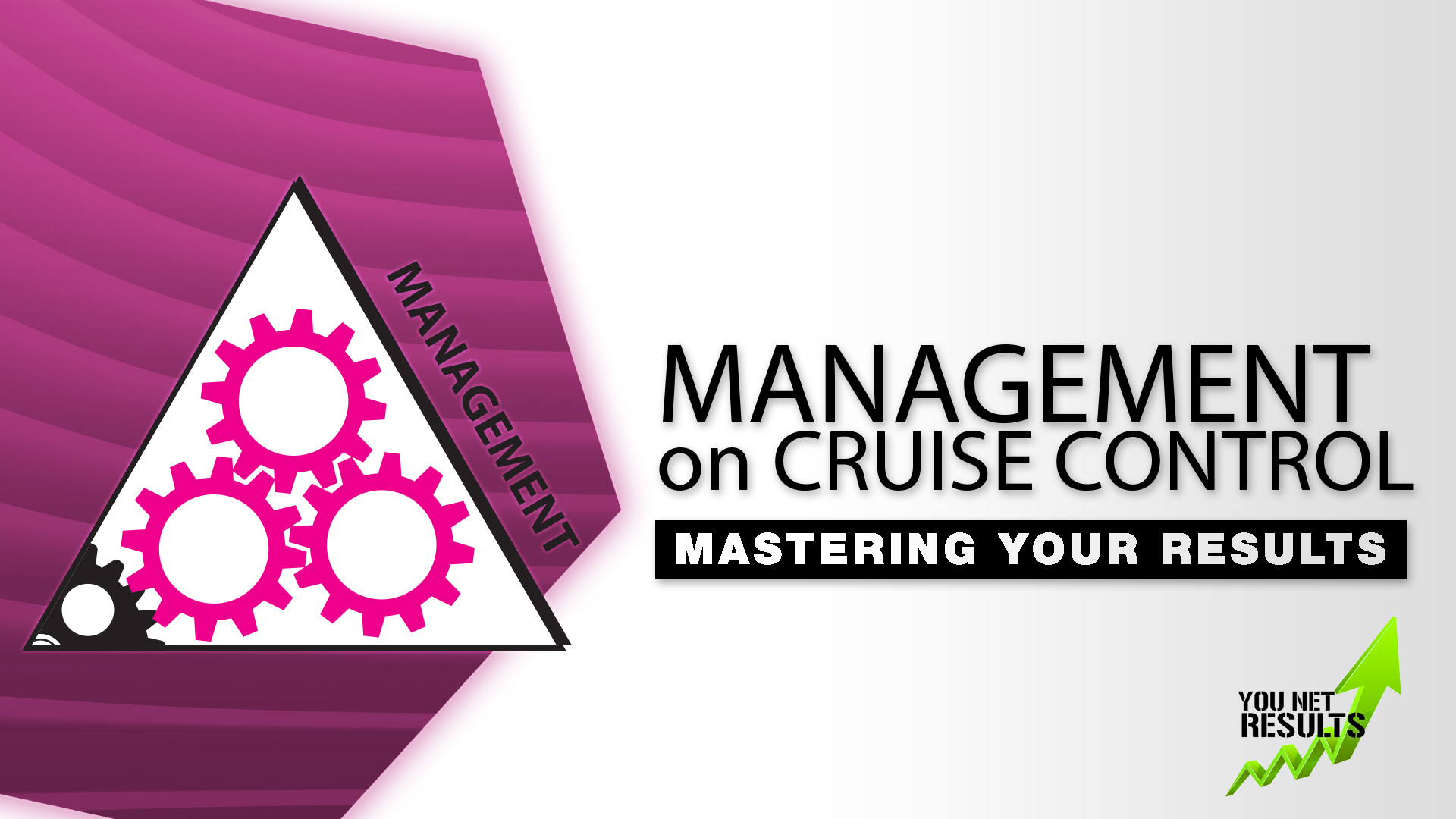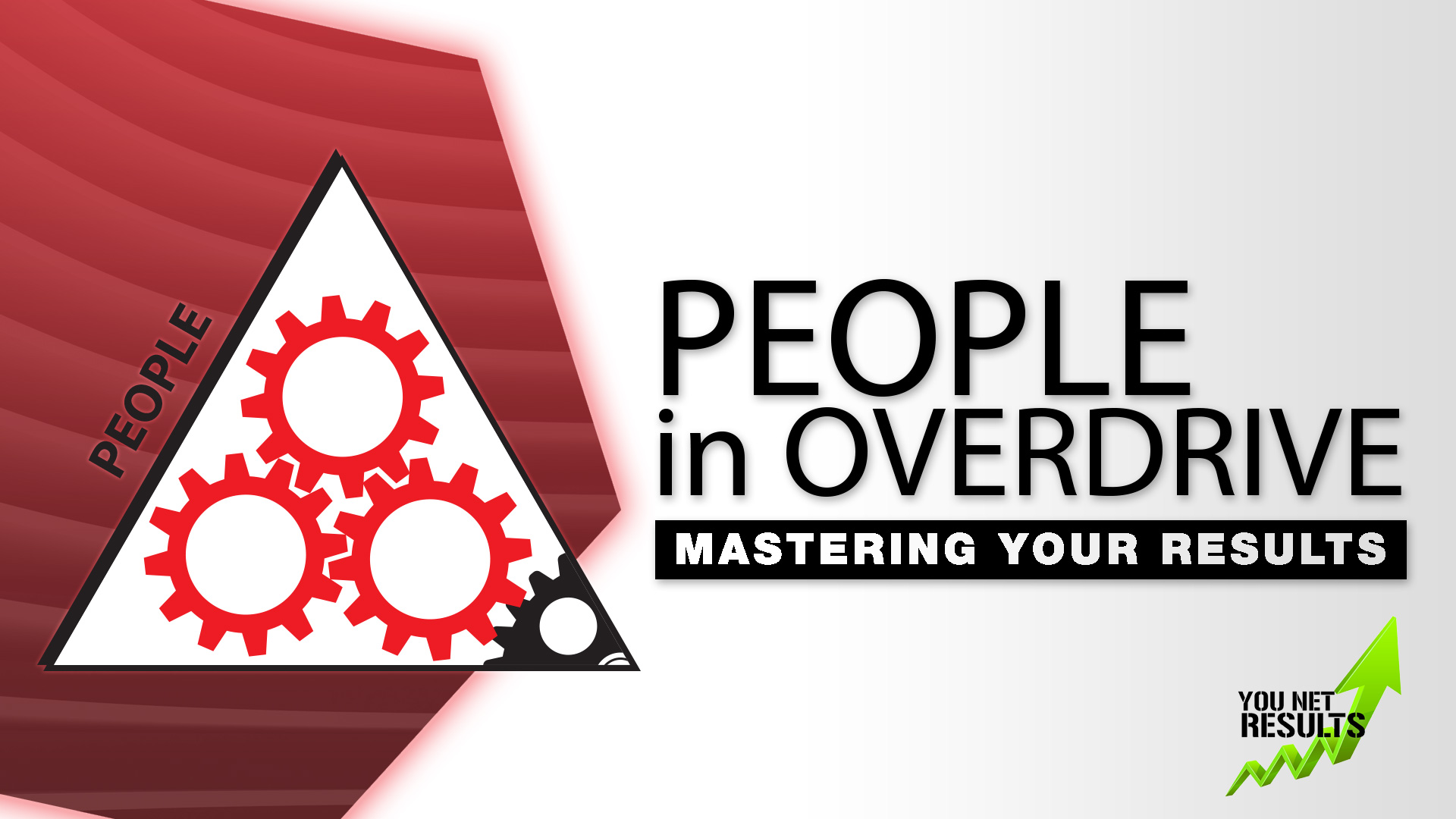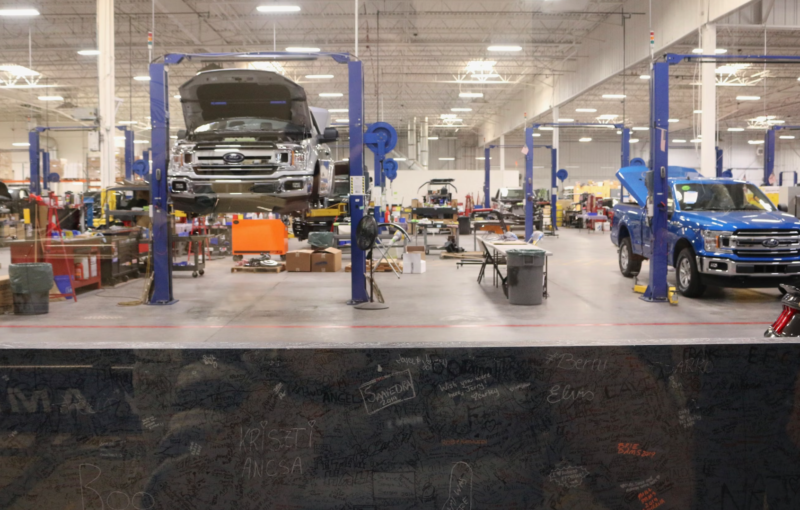





Today’s discussion focuses on hiring and recruiting.


 Photo by Tim Mossholder On Unsplash
Photo by Tim Mossholder On Unsplash
We will soon bid farewell to the old year and welcome the new. Now is the perfect time to reflect on your auto repair business and set some realistic auto repair New Years resolutions. At You Net Results, we understand the unique challenges auto repair shop owners face. Hence, in this blog, we’ll guide you through some key goals that can change your auto repair shop and set you on a path to long-term success. Let’s examine them.
One of the most crucial resolutions for an auto repair business is streamlining operations. This means optimizing your workflow, reducing unnecessary downtime, and ensuring that your team operates efficiently. Consider automating routine tasks, implementing a reliable software system, and providing regular training for your staff. Our Auto Service Advisor Training can help you achieve these goals, so your shop will be more efficient and profitable.
Your team is your greatest asset. In the auto repair industry, staying updated with the latest technologies and repair techniques is essential. Resolve to invest in training and development programs for your service advisors, technicians, and customer service staff.
You Net Results offers comprehensive training programs in order to improve your team’s knowledge and skills. That will enhance the customers’ experiences, guaranteed.
Customer satisfaction should always be a top priority. Make a resolution to go the extra mile in providing excellent customer service. Encourage your service advisors to communicate clearly with clients, explain repairs, and offer honest estimates. Happy customers not only return but also refer others to your shop. Our ARA (Auto Repair Advisor) program equips your team with the skills to exceed customer expectations.
Financial stability is key to the long-term success of your auto repair business. Set specific financial goals for the year, such as growing revenue, reducing expenses, or raising profit margins. Regularly monitor your financial performance, then make necessary adjustments. You Net Results offers financial coaching to help you navigate the financial aspect of your business successfully.
The auto repair industry is constantly evolving with new technologies and diagnostic tools. Staying up-to-date is essential for providing high-quality service. Resolve to embrace technology and invest in the latest equipment. You Net Results can help you select the right tools and technology in order to improve diagnostics and efficiency.
Effective marketing is important for attracting new customers and retaining existing ones. Make a resolution in order to create a marketing plan for your auto repair business. Utilize online marketing, social media, and email campaigns so you can reach your target audience. Our website has a dedicated blog on “Auto Service Advisor Marketing Strategies” that can provide more info.
In order to track your progress, establish a set of key performance indicators (KPIs) for your business. This can include metrics such as customer retention rates, average repair order value, and technician productivity. Regularly review these KPIs so you can use the data to make informed decisions and improvements.
The beginning of a new year is the perfect time to set goals for your auto repair business. By following all that we have mentioned in this blog, you can position your business for growth and success in 2024.
At You Net Results, we’re here to help you keep these resolutions. Our Auto Service Advisor Training and other programs empower both auto repair shop owners and their teams. Make 2024 a year of prosperity and excellence for your business by taking the first step toward improving. Contact You Net Results today, so we can help you get started. Book a complimentary consultation. Brian Gillis and our team will help you create the best marketing strategy for your business. Build trust, showcase expertise, and ensure repeat business. Let’s make 2024 the best year of your business life!

Photo by Laurel and Michael Evans on Unsplash
As an auto repair shop owner, we are sure that you understand the importance of a steady, well organized, and well educated team. However, the task of finding and mentoring the right talent is more complex than ordering parts for a tune-up. But not to worry, that’s why we are here to guide you!
In this blog, we will share our expert insights on how to build an exceptional auto repair team. Then, we will explain how you should guide your staff. If you ever need personalized help, just schedule an appointment with us here at You Net Results.
Before you dive into all of the steps needed to build your team, it is crucial that you know why a strong team is so vital for your auto repair shop. A skilled team will bring in the required skills that will grow customer satisfaction. In turn, that promotes a positive workplace. These factors directly impact your repair shop’s bottom line. Because of that, they make team building and mentorship non-negotiable parts of your business plan.
The first step to building a strong team is to put the right team member in place. As much as you can, you will need to pay attention to the following items:
Have you sought out and then hired the perfect staff members for your company? Don’t stop there! Go the extra mile. Provide your valued employees with the following perks:
Don’t neglect filling up your How-To Manual with SOPs on each and every task you expect your staff to perform. Standard Operating Procedures are key factors in helping your team members to grow and succeed!
Many employers often overlook mentoring staff. You should not, though. Your business will grow a lot, depending on how much improvement and growth your employees experience. To ensure this, you should embrace:
As you train, you should also make sure that you are fostering teamwork among your employees. To achieve this, use the following tools:
Keep an eye on Key Performance Indicators (KPIs) such as:
These metrics will help you gauge the efficiency of your team building, as well as your mentoring efforts.
Building and mentoring an top tier auto repair team is a long term investment. Still, there are so many rewards: happier employees, more satisfied customers, and a much healthier bottom line. At You Net Results, we all believe in empowering auto repair shop owners. We provide both the tools and the knowledge for you to excel at work.
Our coaching programs are designed in order to address your specific challenges. They will provide you with all the practical solutions to help you to achieve your business goals. When the landscape is as competitive as it is today, you can not afford to settle for a mid level team. Partner with us, so that you can make your staff your overall greatest asset!
Contact You Net Results today, so we can help you to begin the mentoring process. Book a free consultation. Brian Gillis and his team will help you to build your shop’s leadership foundation. Get plugged into a vast network of auto repair shops. We all work together in order to to strengthen the industry as a whole! We can help you make this month the best month of your entire business life!

A good team morale directly impacts productivity, customer service, and retention!
How can I boost my shop’s morale?
